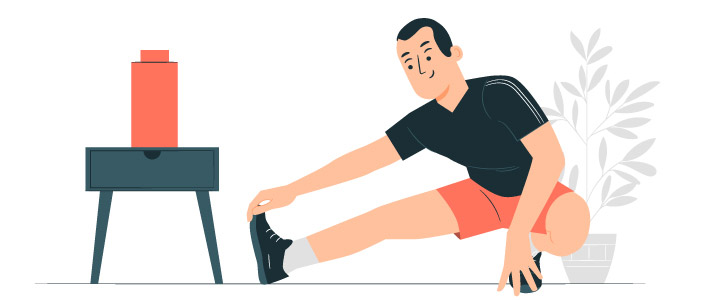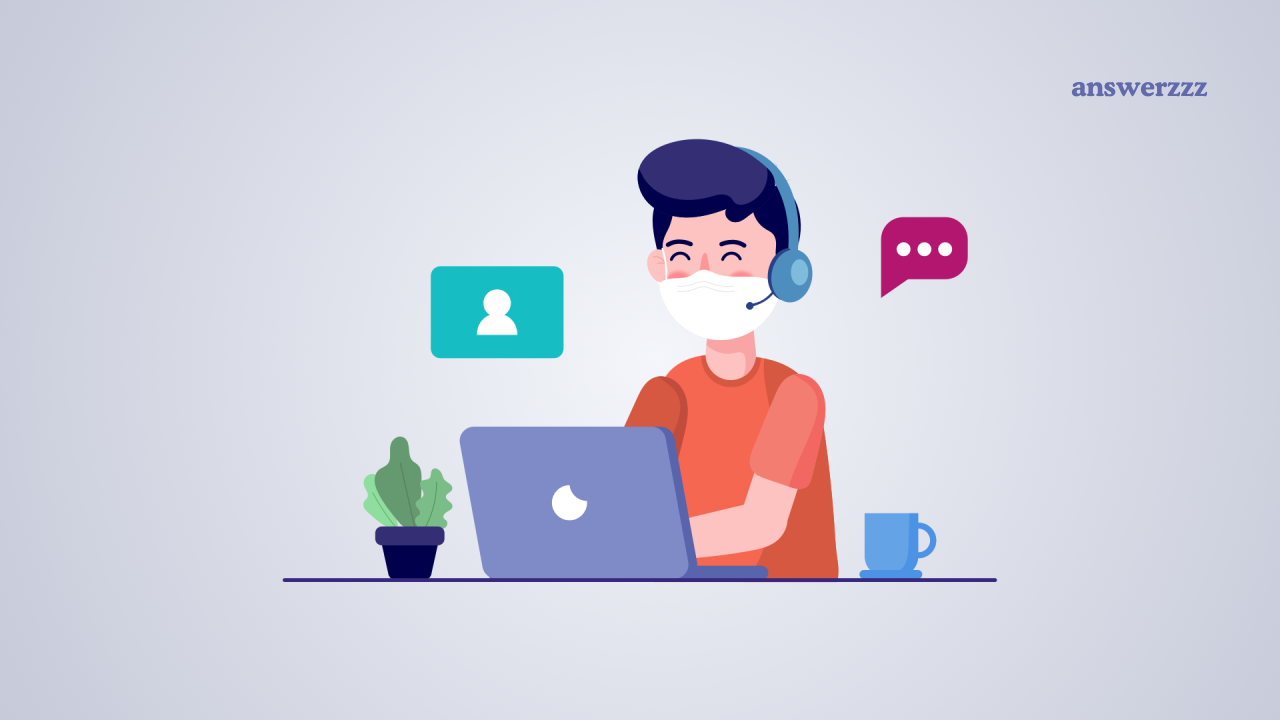In today’s fast-paced world, feeling fatigued and low on energy has become an all-too-common experience. Whether due to busy work schedules, family responsibilities, or the demands of modern living, many people struggle to maintain high energy levels throughout the day. While quick fixes like caffeine and sugar can provide a temporary boost, they often lead to crashes and leave you feeling more drained than before. Instead, focusing on natural lifestyle changes can help you achieve lasting vitality and boost your energy sustainably. This article explores effective strategies to enhance your energy levels and improve your overall well-being.
1. Understand the Importance of Energy
Before diving into lifestyle changes, it’s essential to understand why energy matters. Energy is not just about staying awake; it influences every aspect of our lives, including:
- Physical Health: Adequate energy levels allow you to engage in physical activity, maintain a healthy weight, and support your immune system.
- Mental Clarity: Energy affects your cognitive function, concentration, and mood. A lack of energy can lead to brain fog and irritability.
- Emotional Well-being: When you feel energetic, you’re more likely to engage in social activities, pursue hobbies, and enjoy life.
By addressing the root causes of fatigue and adopting strategies to enhance your vitality, you can transform your quality of life.
2. Prioritize Quality Sleep
Sleep is a crucial factor in maintaining energy levels. Quality sleep allows your body to recover, repair, and rejuvenate. Here are some tips to improve your sleep:
Establish a Consistent Sleep Schedule
Go to bed and wake up at the same time every day, even on weekends. This consistency regulates your body’s internal clock and can help improve the quality of your sleep.
Create a Relaxing Bedtime Routine
Engage in calming activities before bed, such as reading, taking a warm bath, or practicing meditation. This signals to your body that it’s time to wind down.
Optimize Your Sleep Environment
Make your bedroom conducive to sleep by keeping it cool, dark, and quiet. Invest in a comfortable mattress and pillows that support your sleep posture.
Limit Screen Time Before Bed
The blue light emitted by screens can interfere with the production of melatonin, the hormone that regulates sleep. Aim to turn off electronic devices at least an hour before bedtime.
3. Stay Hydrated
Dehydration can lead to fatigue and decreased cognitive function. To maintain energy levels, ensure you’re drinking enough water throughout the day. Here are some hydration tips:
Set a Daily Water Goal
Aim for at least eight 8-ounce glasses of water per day, but adjust according to your activity level, climate, and individual needs.
Eat Water-Rich Foods
Incorporate fruits and vegetables with high water content, such as cucumbers, watermelon, and oranges, into your diet to help with hydration.
Carry a Reusable Water Bottle
Keep a water bottle with you to remind yourself to drink water regularly. You can even set reminders on your phone to drink water at intervals throughout the day.
4. Fuel Your Body with Nutritious Foods

What you eat has a significant impact on your energy levels. A balanced diet provides the nutrients your body needs to function optimally. Here are some dietary strategies to boost your energy:
Focus on Whole Foods
Prioritize whole, unprocessed foods, such as fruits, vegetables, whole grains, lean proteins, and healthy fats. These foods are nutrient-dense and provide sustained energy.
Balance Your Macronutrients
Ensure you include a balance of carbohydrates, proteins, and fats in your meals. Complex carbohydrates (like whole grains) provide a slow release of energy, while proteins help repair tissues and maintain muscle mass.
Incorporate Iron and B Vitamins
Iron is essential for transporting oxygen in the blood, and B vitamins play a vital role in energy metabolism. Foods rich in these nutrients include leafy greens, legumes, nuts, seeds, and lean meats.
Avoid Sugary Snacks
While sugary snacks may provide a quick energy boost, they can lead to crashes later on. Instead, choose healthier snacks like nuts, yogurt, or fruit to maintain steady energy levels.
5. Exercise Regularly
Physical activity is a powerful natural energy booster. Regular exercise increases circulation, improves cardiovascular health, and releases endorphins, which enhance mood and energy levels. Here’s how to incorporate more movement into your day:
Find an Activity You Enjoy
Choose exercises that you genuinely enjoy, whether it’s dancing, swimming, cycling, or hiking. This makes it easier to stick with a routine.
Aim for Consistency
Aim for at least 150 minutes of moderate-intensity aerobic exercise each week, along with strength training exercises on two or more days.
Transform Your Morning Routine: Simple Tips for a Healthier Start
Incorporate Movement into Your Daily Routine
Look for opportunities to move throughout the day, such as taking the stairs instead of the elevator, walking or biking to work, or doing short workouts during breaks.
Practice Mind-Body Exercises
Activities like yoga and tai chi can improve flexibility, reduce stress, and enhance mental clarity, contributing to overall energy levels.
6. Manage Stress Effectively
Chronic stress can sap your energy and lead to feelings of fatigue. Learning how to manage stress is crucial for maintaining vitality. Here are some effective stress management techniques:
Practice Mindfulness and Meditation
Mindfulness meditation can help reduce stress and improve mental clarity. Set aside a few minutes each day to practice deep breathing or guided meditation.
Engage in Relaxation Techniques
Incorporate relaxation practices such as progressive muscle relaxation, deep breathing exercises, or gentle yoga into your daily routine.
Set Boundaries
Learn to say no to commitments that drain your energy. Prioritize activities and relationships that uplift you and bring joy to your life.
Seek Support
Don’t hesitate to reach out to friends, family, or a mental health professional if you feel overwhelmed. Talking about your feelings can provide relief and perspective.
7. Limit Caffeine and Alcohol Intake
While caffeine can provide a temporary energy boost, excessive consumption can lead to dependency and disrupt your sleep patterns. Similarly, alcohol can impair sleep quality and leave you feeling fatigued. Here’s how to manage your intake:
Monitor Your Caffeine Consumption
Limit caffeine intake to moderate levels (about 400 mg per day, equivalent to about four 8-ounce cups of brewed coffee). Consider switching to herbal tea or decaffeinated beverages in the afternoon.
Avoid Caffeine Late in the Day
Cut off caffeine consumption in the afternoon or early evening to ensure it doesn’t interfere with your sleep.
Be Mindful of Alcohol Consumption
If you drink alcohol, do so in moderation. Aim for no more than one drink per day for women and two for men, and avoid drinking close to bedtime to minimize sleep disturbances.
8. Get Some Sunlight

Natural sunlight is a powerful energy booster. Exposure to sunlight helps regulate your circadian rhythm, improve mood, and enhance vitamin D production. Here are some ways to soak up the sun:
Spend Time Outdoors
Make a habit of spending time outside during daylight hours, whether it’s walking, gardening, or simply sitting in a park. Aim for at least 15-30 minutes of sun exposure daily.
Take Breaks in Natural Light
If you work indoors, take regular breaks to step outside and enjoy the sunlight. This can help recharge your energy levels and improve your mood.
Consider Light Therapy
If you live in an area with limited sunlight during winter, consider using a light therapy box to mimic natural sunlight and help alleviate seasonal affective disorder (SAD).
9. Connect with Others
Social connections play a crucial role in maintaining energy and overall well-being. Engaging in meaningful relationships can boost your mood and vitality. Here are some tips for fostering connections:
Spend Time with Loved Ones
Make time to connect with family and friends regularly. Whether it’s a phone call, video chat, or in-person visit, these interactions can lift your spirits and energize you.
Join a Community or Group
Participating in social or interest-based groups can help you meet new people and create a sense of belonging. Consider joining a club, volunteering, or taking a class.
Engage in Shared Activities
Participate in activities that promote social interaction, such as team sports, group exercises, or creative classes. These can enhance your energy levels and foster a sense of community.
Life Hacks for Everyday Efficiency: Simple Tips to Simplify Your Life
10. Listen to Your Body
Finally, it’s crucial to pay attention to your body’s signals. Everyone’s energy needs are different, and it’s essential to find what works best for you. Here are some tips:
Tune Into Your Energy Levels
Monitor your energy levels throughout the day and identify patterns. Note when you feel most energized and when you tend to feel fatigued. This can help you plan your tasks more effectively.
Allow for Rest and Recovery
If you’re feeling tired, don’t hesitate to take a break or rest. Prioritize recovery and self-care to recharge your energy levels.
Seek Professional Guidance
If you consistently struggle with low energy levels despite making lifestyle changes, consider consulting a healthcare professional. They can help identify underlying health issues or nutritional deficiencies that may be affecting your vitality.

Boosting your energy naturally is achievable through a combination of lifestyle changes and self-awareness. By prioritizing quality sleep, staying hydrated, eating a balanced diet, exercising regularly, managing stress, and fostering social connections, you can enhance your vitality and overall well-being. Remember that lasting energy comes from a holistic approach that nurtures both your body and mind. Embrace these strategies, listen to your body, and enjoy the journey toward increased energy and vitality.



